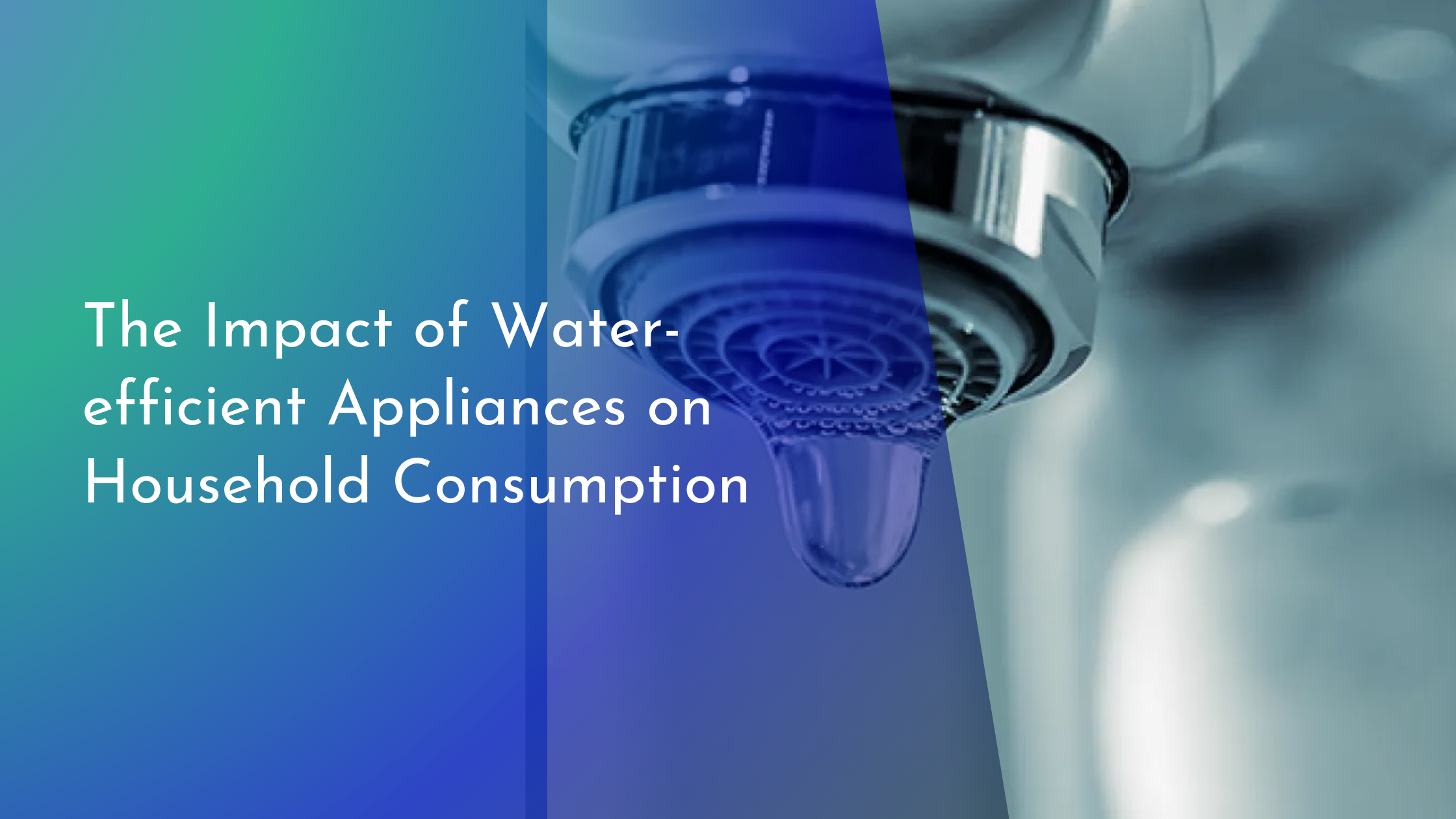The Impact of Water-efficient Appliances on Household Consumption
Water is a precious resource that plays a vital role in our daily lives, yet it’s one that we often take for granted. With increasing global population and changing climate patterns, the demand for water continues to grow, putting immense pressure on our water resources. One effective way to address this challenge is to embrace water-efficient appliances in our homes. These innovative technologies not only help conserve water but also contribute to a more sustainable lifestyle by reducing our overall environmental footprint. In this article, we’ll delve into the fascinating world of water-efficient technologies, explore the benefits of reducing household water consumption, compare different water-saving appliances, and conclude with the importance of embracing these practices for a sustainable future.
Understanding Water-efficient Technologies
Water-efficient technologies refer to appliances and systems designed to use water more effectively, minimizing waste while maintaining performance. These technologies encompass a wide range of products, such as low-flow faucets, water-saving toilets, and high-efficiency washing machines. By incorporating advanced engineering and innovative design, these appliances ensure that we use only the amount of water that is truly necessary for each task. As a result, they contribute significantly to conserving our water resources, especially in areas experiencing water scarcity.
One of the key aspects of water-efficient technologies is their ability to maintain functionality while using less water. For instance, low-flow showerheads are designed to reduce water flow without compromising the quality of the shower experience. Similarly, dual-flush toilets offer two flushing options, allowing users to choose a lower water volume for liquid waste and a higher volume for solid waste. These smart designs demonstrate that it is possible to enjoy modern conveniences without excessive water usage, making them a crucial component in the quest for sustainable living.
Benefits of Reducing Water Usage at Home
Reducing water usage at home offers a plethora of benefits, both for the environment and for individual households. Firstly, it contributes to the conservation of vital water resources, ensuring their availability for future generations. As communities around the world face water shortages, every drop saved can make a significant difference. Additionally, lower water consumption leads to reduced energy usage, as less power is required for water heating and pumping, further decreasing the household’s carbon footprint.
From a financial perspective, water-efficient appliances can result in substantial savings on utility bills. Households that adopt these technologies often experience a noticeable decrease in their water and energy costs. Over time, the savings can offset the initial investment in purchasing these appliances, making them a cost-effective choice in the long run. Furthermore, many regions offer rebates and incentives for households that install water-saving devices, providing an additional financial benefit to users who choose to reduce their water consumption.
Comparing Different Water-saving Appliances
When it comes to water-saving appliances, there are numerous options available, each catering to different needs and preferences. Low-flow faucets and showerheads, for instance, are designed to reduce water output without sacrificing performance. By aerating the water stream or utilizing other innovative technologies, these fixtures maintain pressure and coverage while using significantly less water than traditional models. They are an ideal choice for those looking to make immediate and impactful changes in their water usage.
High-efficiency washing machines and dishwashers represent another category of water-saving appliances. These machines use advanced technology to optimize the cleaning process, ensuring that clothes and dishes are thoroughly cleaned with minimal water. Front-loading washing machines, for instance, use less water than top-loading models by tumbling clothes through a small pool of water rather than completely submerging them. Similarly, modern dishwashers often feature sensors that adjust water usage based on the load size and soil level, further enhancing their efficiency and appeal.
Conclusion: Embracing a Sustainable Lifestyle
Embracing water-efficient appliances in our homes is a crucial step towards a more sustainable lifestyle. These technologies not only help conserve precious water resources but also offer financial benefits through reduced utility bills and potential rebates. By making thoughtful choices about the appliances we use, we can significantly reduce our environmental impact while enjoying modern conveniences.
Ultimately, adopting water-saving technologies is an investment in our planet’s future. As we become more aware of the importance of resource conservation, these appliances serve as a practical and effective means to do our part in protecting the environment. By embracing water-efficient technologies, we can pave the way for a more sustainable and prosperous future for ourselves and generations to come.


